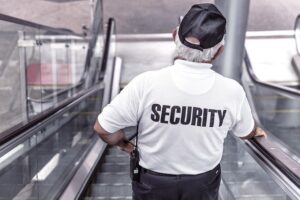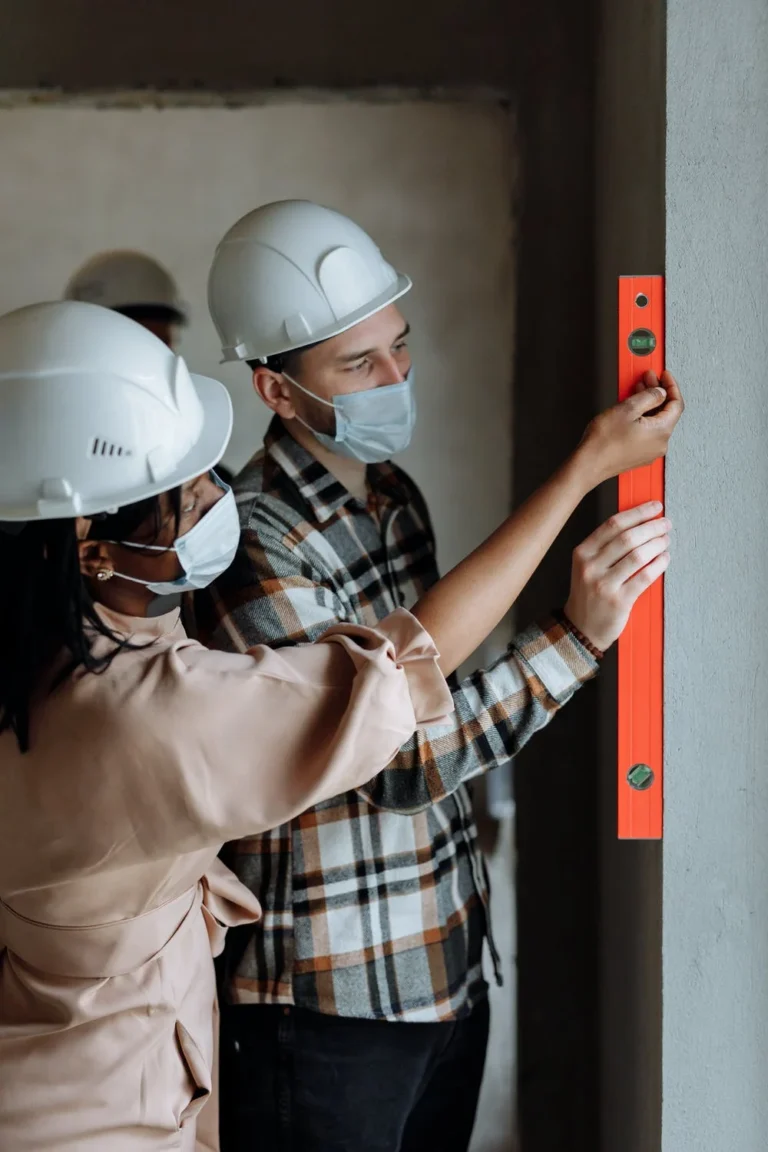Security guards private security Melbourne are licensed private law enforcement officers authorized by law to protect the
public’s safety. While police officers have the power to protect lives and property, security guards
can only be used by licensed civilians. They have certain powers under the law, including the
ability to detain people for a short time while they await an investigation or criminal charge. This
article examines some of those powers. Here are some of the most significant.
Security Guards Melbourne are limited in their power. They are usually not allowed to use unreasonable
force. This includes the use or application of pain or threatening words or discrimination.
Because security guards are legally obligated to record their actions, many now wear body
cams to document any legal confrontations. Guards must accurately and completely complete
incident reports. If security guards have access to firearms, they must use them in proportion to
the severity of the crime or the safety of people in the vicinity.

Also, security guards can arrest people for crimes. In these cases, the guard must contact the
police to arrest the suspect. Guards cannot carry handguns but may use batons to defend
themselves. To avoid any legal complications, it is crucial to hire a security guard company with
an extensive training program. Security guards have the power to use force during criminal
investigations by attempting to arrest anyone who tries to flee. This could lead to false
imprisonment.
Although armed security officers can make an arrest without your consent, it is important that
you understand that they are not allowed to search you without your permission. In general,
security guards are not granted the authority to search people, but they do have the training to
use this power more effectively. Before a guard can make an arrest, a reasonable suspicion
must be shown that the guard is guilty. However, only police officers can make further arrests.
Arresting a citizen is an important power for security officers. Security guards cannot use
excessive force. It is tempting to use physical force against someone you suspect of committing
a criminal offense. They should only use force on a suspect who resists. Excessive force after
arrest can be construed to be illegal and damage the security officer’s reputation. Security
officers must be aware of their legal responsibilities prior to using physical force.
In addition to using physical force, security guards have the legal authority to arrest people and
protect property. They must be able to defend themselves if an individual tries to force them to
leave. Those who are not obeying the rules may face charges of trespass. Security guards are
required to submit detailed reports in order to prove that they were acting in good faith. Security
guards work to protect the public’s assets. If they are unable to protect their property, they can
eject them. If they reenter the property, they may be charged with trespass.
The authority of a security officer is not equal to that of a guard. Security guards are trained and
equipped to protect the public as well as property. Although security guards cannot be
considered public servants they can enforce rules for private properties. In fact, security guards
have the authority to enforce rules, such as no shoes, no shirt, no service, no loitering. Their job
is to enforce these rules fairly.


